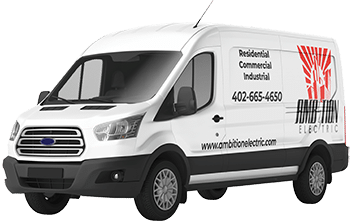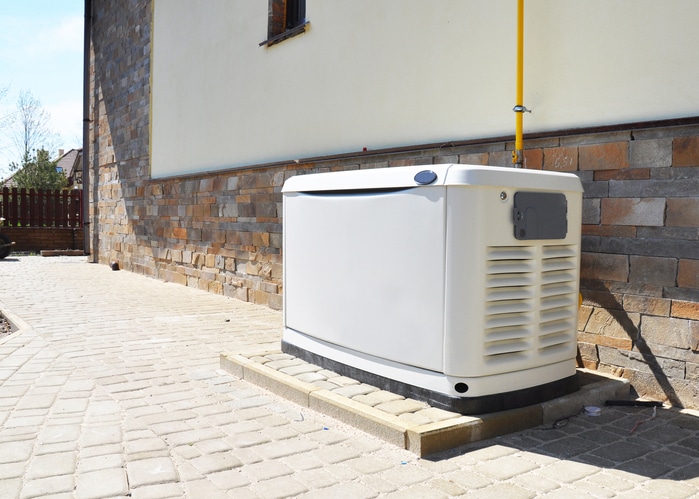As a homeowner, the last thing you need during an emergency is a faulty generator. Fortunately, it’s possible to troubleshoot many generator issues yourself. As long as you understand the basics of common problems and their solutions, it’s possible to get a stalled generator up and running again. Here are five of the most common generator problems and ways you can troubleshoot them.
1. Failure to Start
If your generator fails to start, check the fuel level to ensure there’s enough gas. Inspect the sparkplug for signs of wear or fouling, and replace it if necessary. Additionally, examine the air filter for clogs, and clean or replace it. Finally, confirm that the oil level is sufficient, as many generators have a low oil sensor that prevents them from starting if the oil is too low.
2. Overloading
“Overloading” is the term for a household’s electrical needs exceeding the wattage capabilities of the generator. Symptoms of overloading include flickering lights, overheating, and strange noises coming from your generator. An overloaded generator may also trip your circuit breaker after being turned on. To counteract this, reduce the load by unplugging nonessential appliances and devices. Check the generator’s wattage capacity, and make sure it’s not being exceeded. If necessary, prioritize essential appliances, and stagger their use to prevent overloading. If your generator is frequently getting overloaded, you will probably need a second generator of the same size or an entirely new one with a higher wattage capacity.
3. Low Power Output
If the generator is running, but appliances aren’t receiving sufficient power, you may have a faulty voltage regulator. This device automatically regulates how much power flows out of your generator to your home. Consult the generator manual to locate and inspect the voltage regulator. If it appears to be damaged or malfunctioning, consider replacing it.
4. Fuel System Issues
A common issue is fuel system problems, such as clogged fuel lines or a dirty carburetor. Make sure the fuel valve is open, inspect the fuel lines for blockages, and clean the carburetor if needed. To help prevent this type of issue, make a habit of checking fuel levels every time you use your generator, and replace old, stale fuel regularly.
5. Unusual Noises or Vibrations
Unusual noises or excessive vibrations can be signs of loose or damaged components. Check for loose bolts, nuts, or parts in the generator assembly. Tighten any loose connections, and inspect the muffler for damage. Excessive vibrations may indicate an issue with the engine, so it’s crucial to address these concerns promptly to prevent further damage.
Get Professional Help
Regular maintenance goes a long way toward maximizing the life and efficiency of your generator. However, if troubleshooting at home doesn’t resolve your generator issues, it’s time to seek professional assistance. Reach out to our experts at Ambition Electric for all your generator servicing needs in the Lincoln, NE area.




